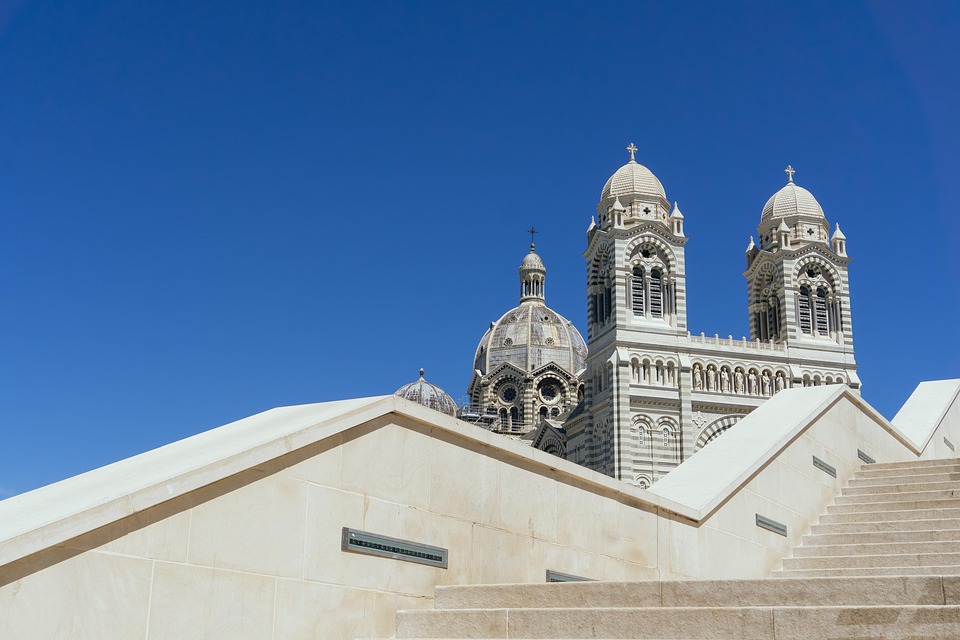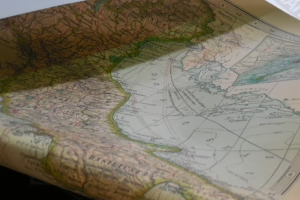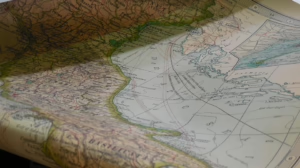Echoes of the Past: How Ancient Civilizations Shape Modern Society
As we traverse the winding paths of history, we often find ourselves in awe of ancient civilizations that laid the foundations for our modern world. From the intricate philosophies of the Greeks to the innovative engineering of the Romans, the legacies of these societies resonate today, shaping various aspects of our culture, technology, governance, and social structure. The echoes of the past continue to influence our everyday lives, revealing that the modern experience is, in many ways, an extension of ancient legacies.
Intellectual Foundations
One of the most profound contributions of ancient civilizations is their intellectual legacy. Ancient Greece, often hailed as the cradle of Western thought, birthed philosophy, science, and democratic ideals. Thinkers like Socrates, Plato, and Aristotle explored the nature of existence, ethics, and politics, providing frameworks that continue to underpin philosophical discourse and educational systems today. The Socratic method, characterized by questioning and dialogue, remains a cornerstone of modern education, encouraging critical thinking and intellectual inquiry[^1].
Additionally, the ancient Greeks made significant strides in mathematics and astronomy, laying the groundwork for advancements in these fields. The principles of geometry established by Euclid are still taught in schools, while the heliocentric model proposed by Aristarchus set the stage for future astronomical discoveries. Thus, it is evident that our current understanding of science and philosophy is deeply intertwined with ancient Greek thought.
Engineering and Architecture
The architectural feats of ancient civilizations like the Egyptians, Romans, and Mesopotamians showcase their engineering prowess and continue to influence modern construction techniques. The Great Pyramids of Giza, for instance, reflect an understanding of geometry and alignment with celestial bodies that astonishes architects and archaeologists to this day. Similarly, Roman innovations such as aqueducts and concrete revolutionized infrastructure, allowing cities to grow and thrive.
Modern architecture often draws inspiration from classical styles, employing columns, arches, and domes that hark back to ancient designs. The Neoclassical movement of the 18th and 19th centuries revived these elements, creating iconic structures like the United States Capitol and the Panthéon in Paris. Today, architects and engineers study these ancient methods to create sustainable and resilient buildings, proving that the old ways of construction continue to inform contemporary practice.
Legal and Political Systems
The legal and political frameworks established by ancient civilizations have profoundly shaped modern governance. The Roman Republic’s balance of powers and principles of representative democracy laid the groundwork for many contemporary political systems. Concepts such as the separation of powers, checks and balances, and civic duty can be traced back to Roman ideals.
Moreover, legal precedents established in ancient civilizations continue to play a vital role in contemporary law. The Twelve Tables of Rome and the Code of Hammurabi from ancient Mesopotamia provided some of the earliest systems of codified law, influencing modern jurisprudence. Principles such as trial by jury, the presumption of innocence, and the protection of individual rights underscore the enduring impact of these ancient legal traditions.
Cultural Influences
The cultural legacies of ancient civilizations permeate our art, literature, and social customs. The epic tales of Homer, such as "The Iliad" and "The Odyssey," resonate with themes of heroism and human experience, influencing countless works of literature and storytelling across cultures and eras. The foundational myths and narratives of civilizations like the Greeks, Egyptians, and Indigenous peoples are woven into the fabric of global culture, inspiring modern literature, film, and the arts.
Religions emerging from ancient civilizations, such as Christianity, Hinduism, and Buddhism, remain integral to the identities and practices of billions today. They shape moral frameworks, community structures, and social norms, underscoring the interconnectedness of ancient beliefs with modern spirituality and ethics.
Conclusion
As we navigate our complex modern society, the echoes of ancient civilizations serve as reminders of our shared humanity and the enduring quest for knowledge, innovation, and connection. By studying the past, we not only honor those who came before us but also gain insight into the forces that shape our present and future. As we build upon the foundations laid by these predecessors, it becomes clear that the lessons of ancient civilizations are not relics of the past but vital components of our ongoing journey as a society. Each discovery, reform, and cultural expression is a dialogue with history, affirming that the past is never truly gone; it is an echo, reverberating through time, guiding us as we forge ahead into an uncertain future.
[^1]: [Source link for modern footnote]

























Add Comment